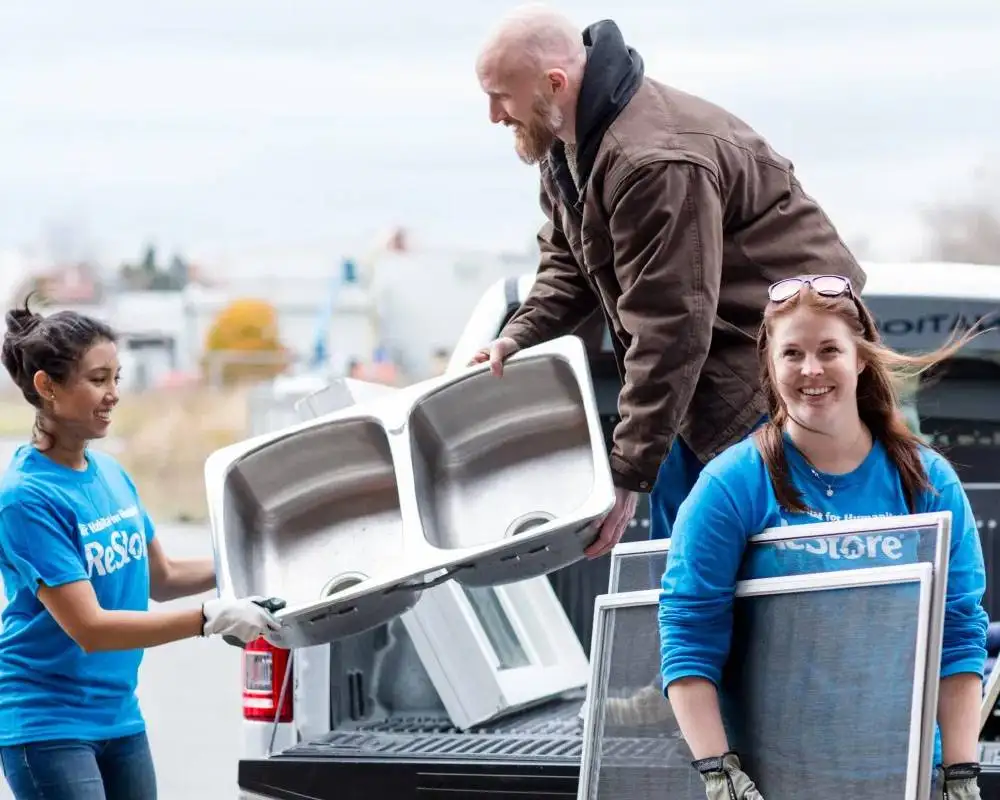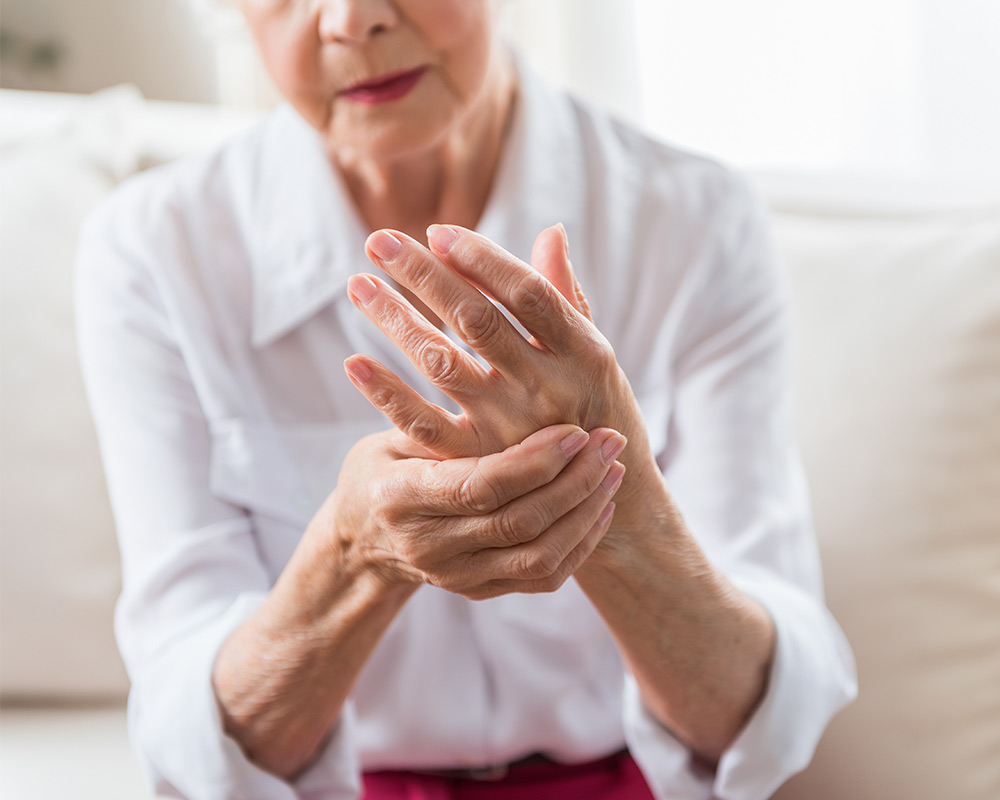For cancer patients, there are three stages in the journey back to wellness: diagnosis, treatment and rehabilitative care both during and after formal treatment is completed.
This journey can feel scary, but advancements in cancer treatment and rehabilitation are making the process more effective and comfortable for patients.
Occupational therapists play a vital role in cancer recovery. For Joanne Pickett and Cheryl Fritsch-Jarlsberg, registered occupational therapists at Beloit Health System’s NorthPointe Wellness Center in Rockton, Ill., helping cancer patients reach survivorship often means dealing with lymphedema. This condition involves fluids that build up because of blockages in the lymphatic system caused by cancer treatment. Managing these symptoms can improve quality of life.
“Breast cancer patients are especially prone to this long-term condition, but it can also develop after a number of other cancer regimens,” says Pickett.
Pickett and Fritsch-Jarlsberg are certified in manual lymphatic drainage, a highly specialized form of massage that encourages the re-absorption of fluid and relieves swelling.
“After radiation or surgery, it may be necessary to re-route built-up fluid around disrupted lymphatic and tissue areas,” Pickett explains.
Fritsch-Jarlsberg has worked with patients in and out of the hospital setting.
“Certified lymphedema therapists have a unique skill in this technique, which we use to provide education and treatment to our patients,” she says.
Compression, manual techniques and exercise guidance are used to improve range of motion, decrease edema, improve wound healing and reduce pain.
“Each type of cancer has risk factors connected to scar tissue that forms from radiation or surgical procedures,” Pickett explains. “Depending on the severity,
patients may need as few as three sessions and up to three months of treatment.” Every aspect of aftercare for cancer patients prioritizes survival. But the return of wellness, confidence, emotional stability and a renewed sense of hope are also vitally important. Dedicated care and advancing treatments help patients to thrive. ❚
















